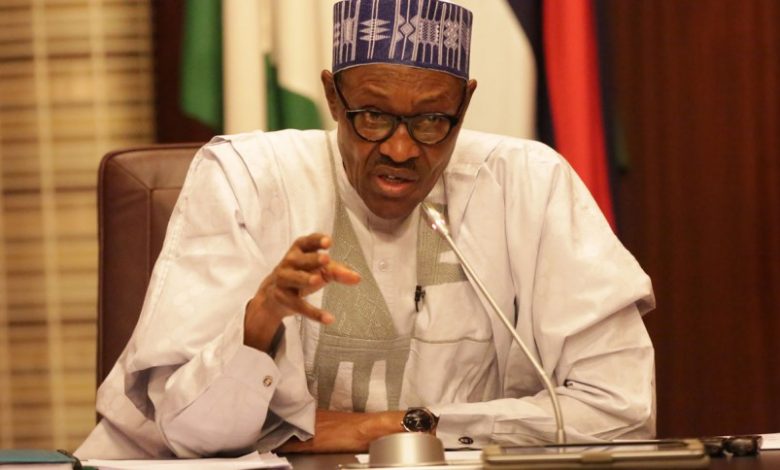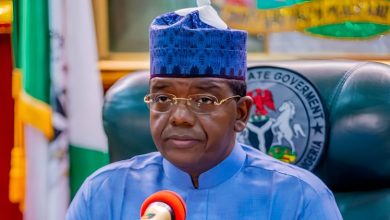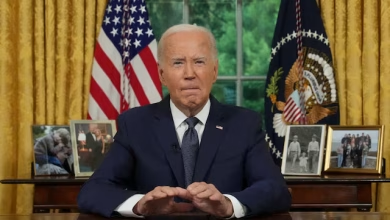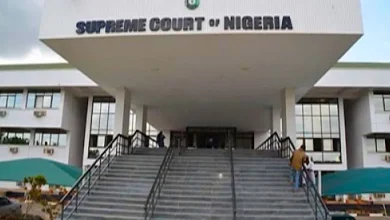Buhari’s Eight-Years Of Uninspiring Scorecard

Running an emerging economy like Nigeria was going to be a hard cookie even at the best of times, but with a global economic meltdown in 2016/17 and a pandemic-induced shutdown in 2019/2020, keeping the economy on an even keel was going to be a rough and dirty rumble. Between 2015 and 2023 Nigeria’s macroeconomic scorecard has been a mix of steady, slow, and strenuous. The domestic inflation rate has soared from 9.2% in 2025 to 22.22% in April 2022. Gross Domestic Product (GDP) skidded from 2.79% in 2015 to 2.31% in Q1 2023, amounting to a 48-basis point speed bump. Monetary Policy Rate (MPR) has risen from 12.5% in 2015 to 18.5% in Q2 2023, thereby kicking GDP growth in the gut. However, it has not all been downhill.
The Buhari administration prides itself on its achievements in the infrastructure sector, particularly notable projects such as the Lagos-Ibadan Standard Gauge Rail, Abuja-Kaduna Standard Gauge Rail, Itakpe-Warri Standard Gauge Rail, Lagos-Ibadan Expressway, Second Niger Bridge, and Abuja-Kaduna-Zaria-Kano Expressway. However, analysts point out that the administration’s infrastructure legacy is overshadowed by pervasive insecurity, which hampers the full realization of the project’s benefits. Analysts credit the completion of the Lekki Deep Sea Port and the Dangote Refineries to private sector involvement and enterprise. On the legal front, the administration implemented some reforms, such as the Business Facilitation (Miscellaneous Provisions) Act, Nigerian Copyright Act, Proceeds of Crime (Recovery and Management) Act, and Federal Competition and Consumer Protection Commission (FCCPC) Bill. Although these reforms contributed to a slight improvement in Nigeria’s ease of doing business ranking, businesses still face challenges in contract enforcement, legal dispute resolution, and obtaining licenses and permits.
Despite the administration’s efforts, several macroeconomic variables raise concerns about the management of the economy over the past eight years. The average GDP growth rate of 1.35% under this administration falls below the population growth rate of 2.47%, indicating a decline in the average Nigerian’s quality of life. The significant rise in inflation from 9.2% to 22.2% further reinforces the worsening living conditions in the country. Fiscal deficits have expanded considerably from -N1.56trn to -N8.33trn in 2022, highlighting the administration’s fiscal challenges. Public debt has escalated from US$68.0 bn to US$103bn, raising doubts about the sustainability of Nigeria’s debt profile. Overall, the outgoing administration’s choice of fiscal and monetary policies has failed to adequately address the economic challenges facing Nigeria.
The incoming administration will need to address these challenges and implement more effective economic policies to improve the lives of Nigerians and foster sustainable development (see chart 1 below).







